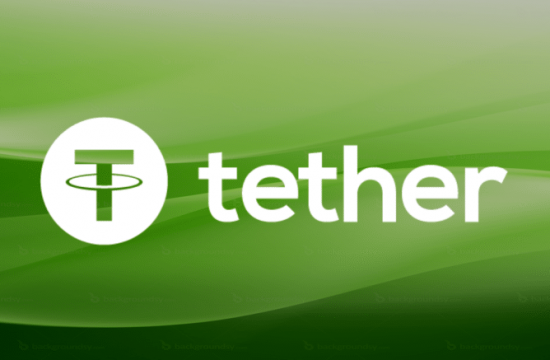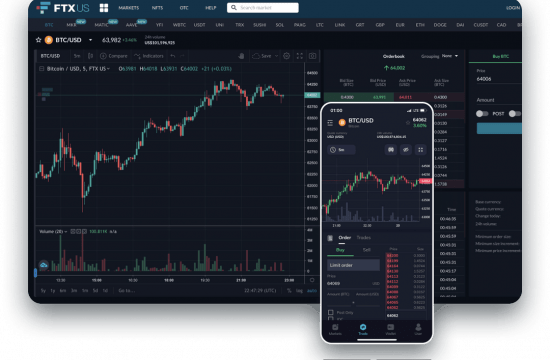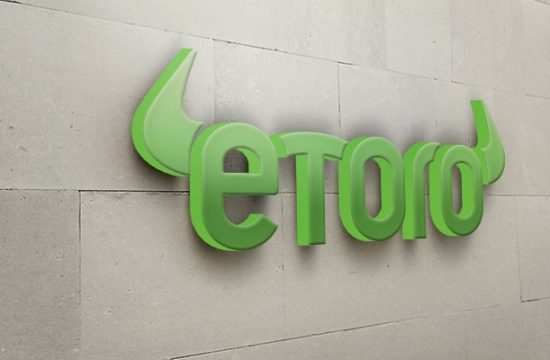As they gear up for the upcoming presidential election, the South Korean parliament is moving ahead with a new plan to tax gains on cryptocurrency trading starting in 2023, not 2022 as previously planned.
The South Korean National Assembly’s finance committee approved the delay, citing the need to prepare thoroughly for the implementation of new rules. However, the amendments are still up for a vote by the full body tomorrow.
Under the current law, the country’s tax authorities are set to charge residents a 20 percent tax on crypto income, which is worth more than 2.5 million Korean won (about $2,100). However, South Korean crypto investors, mostly in their 20s and 30s, complain that the 20% tax tag is unfair as the same tax rate will be applied for a 50 million won gain in a one-year period from stock investment.
The move to push back the looming tax on cryptocurrency profits by a year has been supported by both the ruling Democratic Party and opposition party lawmakers, citing a lack of taxation infrastructure. However, there was a disagreement with the government itself with Finance Minister Hong Nam-ki reiterating that he sees little reason to postpone it.
A previous proposal initially planned to tax crypto gain starting October, but it was delayed for three months as dozens of exchanges have closed up shop.
Exchanges without qualifications face closure
Less than half of Korea’s cryptocurrency exchanges met a legal deadline to put themselves under regulatory supervision. However, they still face challenges such as risks from legal breaches and an inability to convert coins into Korean won.
Industry experts estimate that more than 35 exchanges will discontinue their operation or reduce services. They will have to cease their service either because they failed to register with the nation’s anti-money laundering body, or because they were unable to have real-name bank accounts issued by commercial banks.
This figure could be bigger as out of the 29 exchanges that met the deadline, only four of them were able to secure real-name accounts in partnership with local banks.
On top of these stricter rules, crypto exchanges must obtain a security certificate from the Information Security Management System (ISMS).












